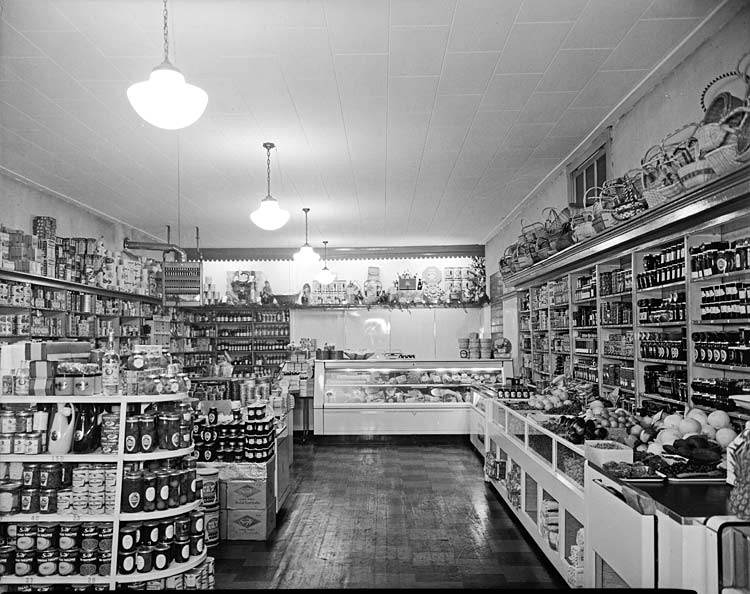On February 27, 1956, the legislature approved an act "related to advertising and labeling of kosher meats and kosher meat products." The act was designed to punish anyone who "with intent to defraud, sells or exposes for sale any meat or meat preparations, and falsely represents the same to be kosher, whether meat or meat products." The details of the measure dealt with the requirements to be fulfilled to prevent deception. Merchants were specifically required to make clear exactly what is and what is not being offered sale. It was to be illegal to display inside or outside any place of business "words or letters in Hebraic characters other than the word 'kosher,' or any sign, emblem, insignia, six-pointed star, symbol, or mark in simulation of same" without also stating they sold kosher meat only, nonkosher meat only or both kosher and nonkosher meat. These statements were to be displayed in "block letters at least four inches in height." Furthermore, possession of nonkosher meat in any establishment advertising kosher meat only "is presumptive evidence that the person in possession exposes the same for sale with intent to defraud, in violation of the provisions of this act." Violations of this act were to be punished by fines of not less than twenty-five dollars or more than five hundred dollars or imprisonment for not more than six months, or both such fine and imprisonment.

Kosher or "keeping kosher" is the term used for adhering to Jewish dietary laws. These laws, found in the Book of Leviticus, deal with the types of foods that are permissible, the butchering or other preparation techniques that are acceptable, and foods that may be served together, when and how. Kosher foods can be found in local and national grocery stores, and also at specialty food stores and markets. Only foods and products that follow these strict rules can be labeled "kosher." Noonan Grocery Store, Frankfort, Kentucky. Cusick Studio Collection, Kentucky Historical Society Collections.
